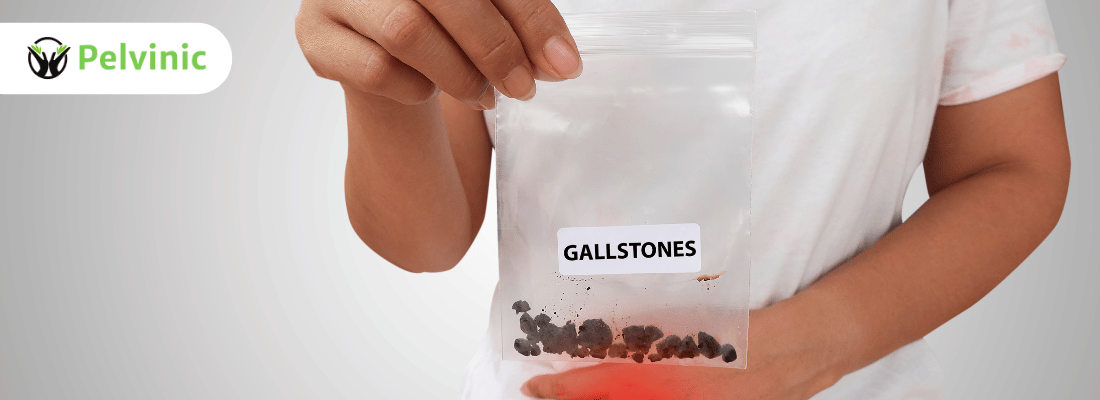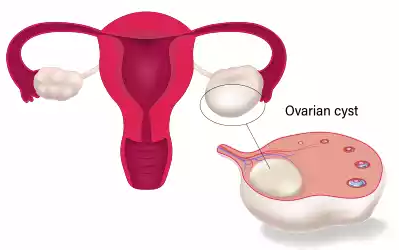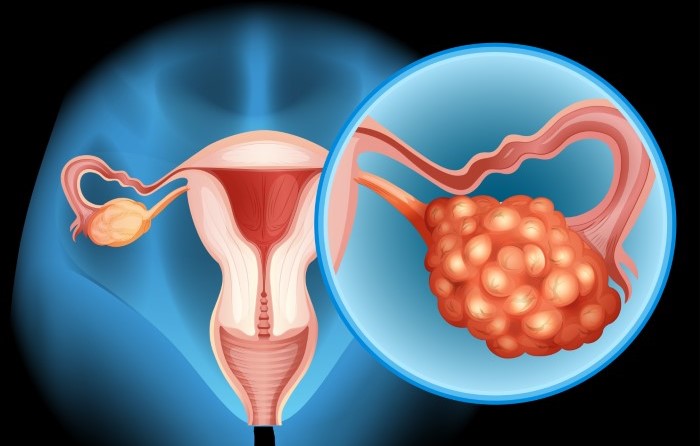Gallstone Surgery Specialists in Delhi

Overview
Picture this: You've been dealing with constant pain in your abdomen, digestive discomfort, and that nagging sense that something just isn’t right. You’ve tried modifying your diet, taking medications, and ignoring the problem, hoping it will go away. But the symptoms persist. You finally visit the doctor and are told you have gallstones. Suddenly, surgery is on the table. It’s a decision many in Delhi face, and if you’re reading this, you probably have some important questions. Let’s explore the ins and outs of gallstone surgery in Delhi, and by the end, you’ll feel equipped to make the right decision for your health.
What are Gallstones and When Should You Consider Surgery?
Gallstones are hardened deposits of digestive fluid, usually cholesterol or bilirubin, that form in the gallbladder. While some gallstones don’t cause symptoms, others can trigger severe pain, infections, or blockages in the bile duct. You should consider surgery if:
-
You experience persistent pain in the upper right abdomen, especially after meals.
-
You have nausea, vomiting, or jaundice (yellowing of the skin and eyes).
-
Your doctor identifies complications like gallbladder inflammation or bile duct infection.
Surgery becomes necessary when gallstones cause recurring symptoms or complications that non-surgical treatments can't resolve. In these cases, removing the gallbladder (a procedure called a cholecystectomy) is often the best solution.
Is Gallstone Surgery the Only Solution, or are There Alternatives?
While surgery is a common treatment for symptomatic gallstones, it's not always the first line of defense. Alternatives include:
-
Medications: Drugs like ursodiol can dissolve cholesterol gallstones over time, but this process can take months or even years and doesn’t prevent new stones from forming.
-
Diet Changes: A low-fat diet can reduce the risk of gallstone formation, but it won’t dissolve existing stones.
-
Non-Surgical Procedures: In some cases, endoscopic retrograde cholangiopancreatography (ERCP) may be used to remove stones from the bile duct without removing the gallbladder.
However, these treatments are often reserved for people who can’t undergo surgery due to other health issues. For most patients, especially those facing recurrent symptoms, surgery remains the most effective and permanent solution.
How Do You Find the Right Surgeon for Gallstone Surgery in Delhi?
Choosing the right surgeon is crucial to ensure a successful outcome. Here’s what to look for:
-
Experience: Surgeons with extensive experience in laparoscopic gallstone surgery are preferred. Laparoscopic surgery is minimally invasive, resulting in faster recovery times.
-
Reputation: Ask for recommendations from your general physician or look for patient reviews online. Surgeons affiliated with reputable hospitals tend to offer more reliable care.
-
Technology: Surgeons who use the latest minimally invasive techniques and tools offer better outcomes with fewer complications.
At Pelvinic, we have a team of highly experienced surgeons, including Dr. Sandip Banerjee, renowned for his expertise in laparoscopic and gallstone surgery, ensuring you’re in the best hands.
What Should You Expect Before, During, and After Gallstone Surgery?
Understanding the process can help reduce anxiety and set realistic expectations. Here's a breakdown:
-
Before Surgery: You’ll undergo routine tests like blood work, ultrasound, or even MRI to confirm the diagnosis and ensure you’re fit for surgery. The night before surgery, fasting may be required.
-
During Surgery: Gallstone surgery is usually performed laparoscopically, meaning small incisions are made, and a camera is used to guide the surgeon in removing the gallbladder. The procedure typically lasts 1-2 hours.
-
After Surgery: Most patients can return home the same day. Full recovery can take a few days to a week, with minimal scarring. Common post-op symptoms include mild pain, bloating, or diarrhea, which usually subside within a few days.
What are the Risks Involved in Gallstone Surgery, and How Can You Minimize Them?
Like any surgical procedure, gallstone surgery carries some risks, though they are rare. Potential complications include infection, bleeding, or injury to nearby organs. To minimize risks:
-
Choose an Experienced Surgeon: Expertise matters. Surgeons skilled in laparoscopic techniques can reduce the risk of complications.
-
Follow Post-Op Instructions: Adhering to your doctor's advice about diet, activity restrictions, and wound care is critical to avoid infections or other complications.
Are You a Good Candidate for Gallstone Surgery? Here’s How to Find Out.
Not everyone with gallstones needs surgery. You might be a candidate if you:
-
Have frequent gallbladder attacks.
-
Experience ongoing digestive discomfort.
-
Suffer from inflammation or infection due to gallstones.
If your gallstones are causing symptoms that disrupt your life or if your doctor detects complications, surgery might be the best option to restore your quality of life.
Why is Dr. Sandip Banerjee the Best Choice for Gallstone Surgery in Delhi?
When considering gallstone surgery in Delhi, it’s essential to choose a surgeon with extensive experience and a strong track record. Dr. Sandip Banerjee at Pelvinic stands out as a top choice. With over 5,000 successful surgeries and a specialization in advanced laparoscopic procedures, he is one of the most trusted names in gallstone treatment. His patient-centered approach, combined with his mastery in minimally invasive techniques, ensures the best care possible. Pelvinic offers not only gallstone surgery but also specializes in hernia surgeries, making it a comprehensive center for abdominal health.
Conclusion
If you're dealing with the discomfort of gallstones and want relief, it's time to consider your options. With advanced technology, a team of experts led by Dr. Sandip Banerjee, and an unwavering commitment to patient care, Pelvinic offers the highest-quality gallstone surgery in Delhi at affordable rates. Don’t let gallstones control your life—take the first step toward a pain-free future today!
FAQs
1. Can gallstones recur after surgery?
Ans. No, since the gallbladder is removed, gallstones cannot recur. However, bile duct stones can form in rare cases.
2. Is gallstone surgery painful?
Ans. Most patients report only mild discomfort after laparoscopic surgery, which can be managed with over-the-counter pain medications.
3. How long does the surgery take?
Ans. Laparoscopic gallstone surgery typically takes 1-2 hours, and most patients can go home the same day.
4. Can I live a normal life without a gallbladder?
Ans. Yes, the gallbladder is not essential for digestion. Most people can lead a completely normal life without it.
5. Are there any dietary restrictions after gallstone surgery?
Ans. You may need to avoid fatty foods for a short time after surgery, but most patients can return to their regular diet within a few weeks.
Pelvinic specializes in gallstone surgery in Delhi. Trust our experts for safe procedures, modern technology, and a quick return to wellness.



